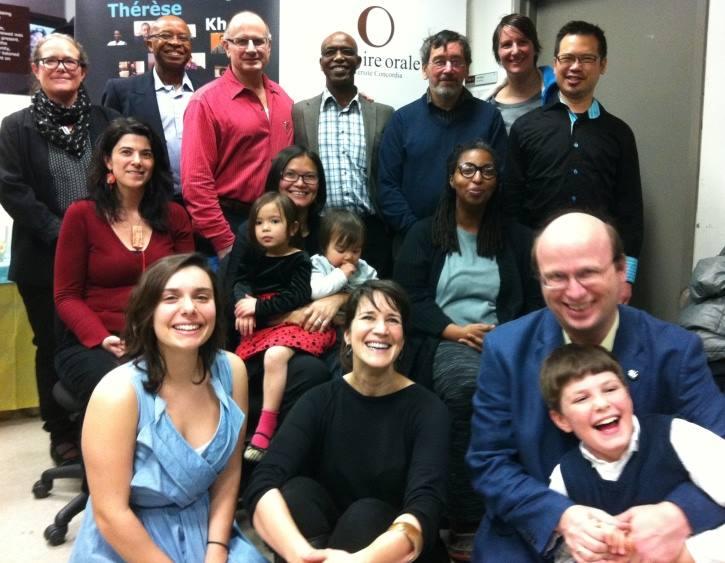Steven High
Professor & Canadian Research Chair
Department: History
Faculty: Arts and Science

| Phone: | (514) 848-2424 ext. 2413 | |
| Email: | steven.high@concordia.ca | |
| Website(s): |
Living Archives of the Rwandan Diaspora Going Public Deindustrialization and the Politics of Our Time |
Expertise:
Urban and economic history, populism, Trump, Labour History, Montreal, Forced Migration.
Language(s) spoken:
English, French
Steven High is an interdisciplinary oral and public historian with a strong interest in transnational approaches to working-class studies, forced migration, community-engaged research, as well as oral history methodology and ethics.
He has published extensively on deindustrialization and the postindustrial transformation of North American cities. His most recent monograph, Deindustrializing Montreal: Entangled Histories of Race, Residence and Class (2022) was awarded three major prizes in Quebec History and Politics: le Prix du livre politique de la Présidence de l’Assemblée nationale du Québec, le Prix Lionel-Groulx de l'IHAF, and the Clio-Québec Book Prize from the Canadian Historical Association. He recently co-edited a special issue of Labour/le travail with Lachlan Mackinnon and has several others forthcoming. He is currently leading a seven-year SSHRC Partnership project on "Deindustrialization & the Politics of Our Time" (DePOT - deindustrialization.org).
His second area of expertise involves oral history, particularly as it relates to mass violence. Steven High led the prize-winning Montreal Life Stories from 2005 until 2012, where he worked in close partnership with survivor groups. He authored or co-edited a number of books and articles out of this project. He was recently awarded a Governor General's History Award for Popular Media for his work in this area
Finally, Steven High has published extensively on race and empire in Newfoundland, Bermuda, and the British Caribbean during the Second World War. This research includes a monograph, Base Colonies in the Western Hemisphere (2009) and an edited collection, Occupied St. John's: A Social History of a City at War (2010), which received Honorable Mention for the C.P. Stacey Prize in Military History. In August 2018, Base Colonies was used to justify a special parliamentary committee to investigate establishing a minimum living wage for Bermuda and has been used by families seeking recognition of Historic Losses of Land in Bermuda.
He is a core member of the Centre for Oral History and Digital Storytelling and is the past president of the Canadian Historical Association